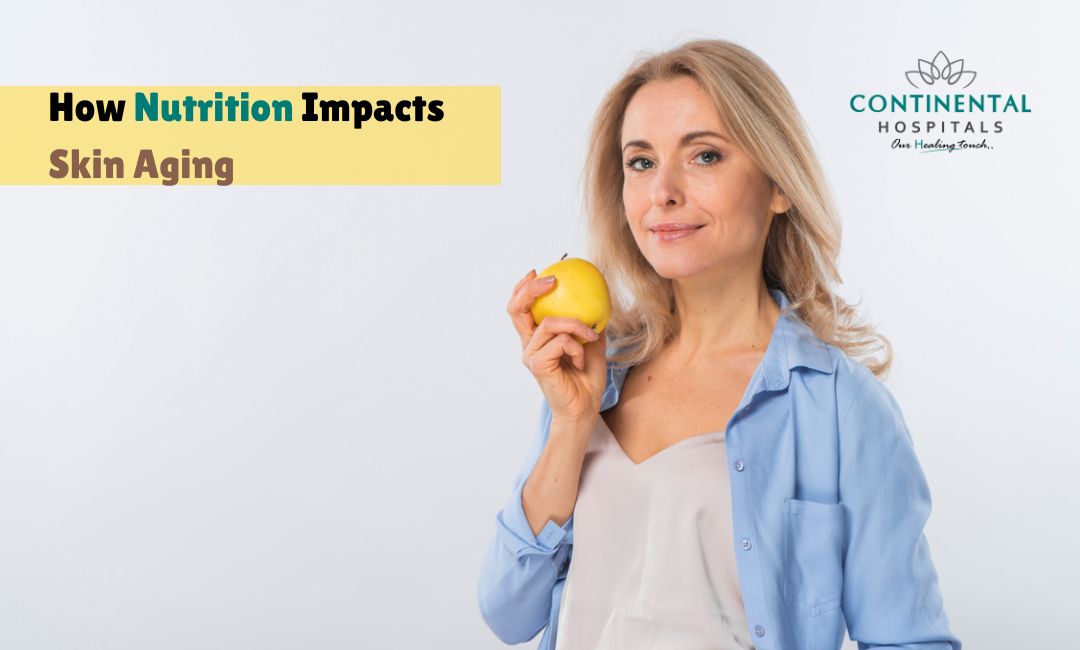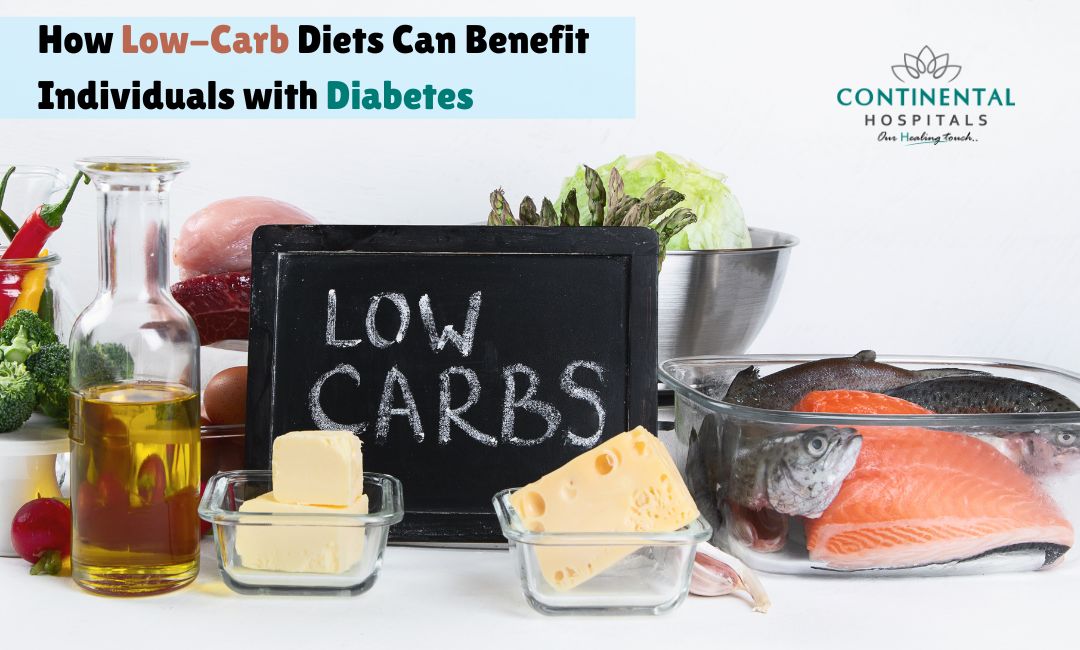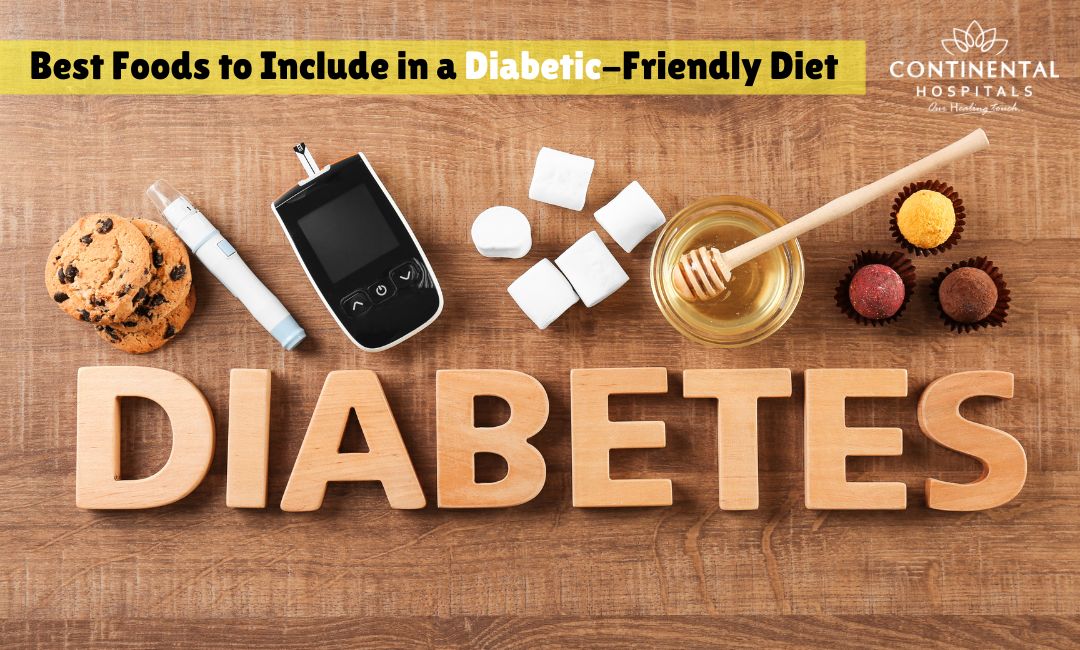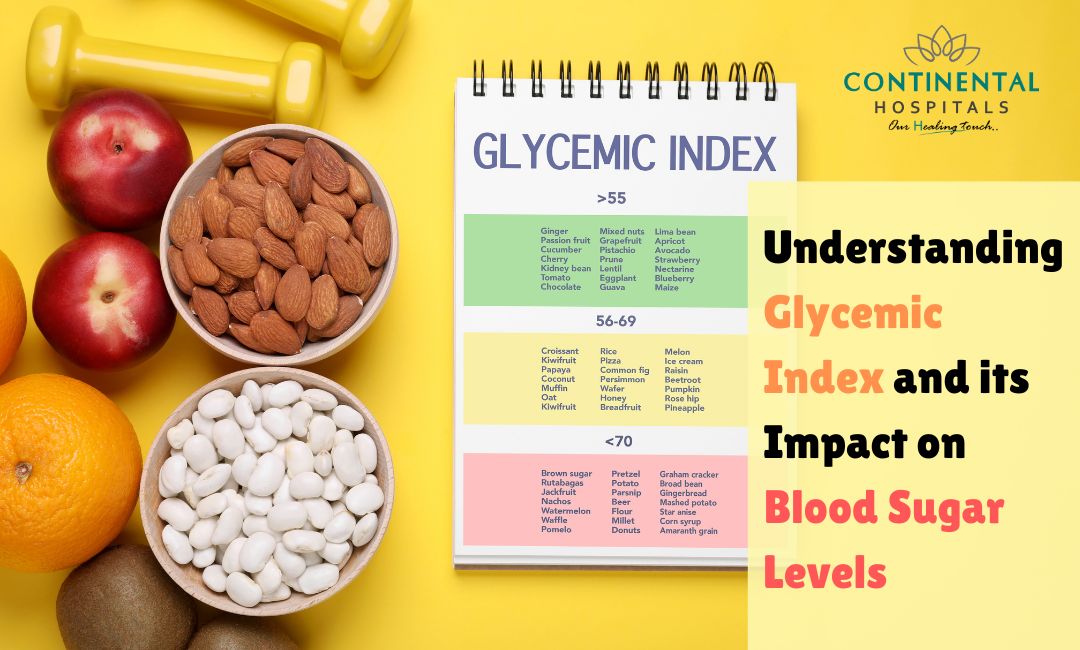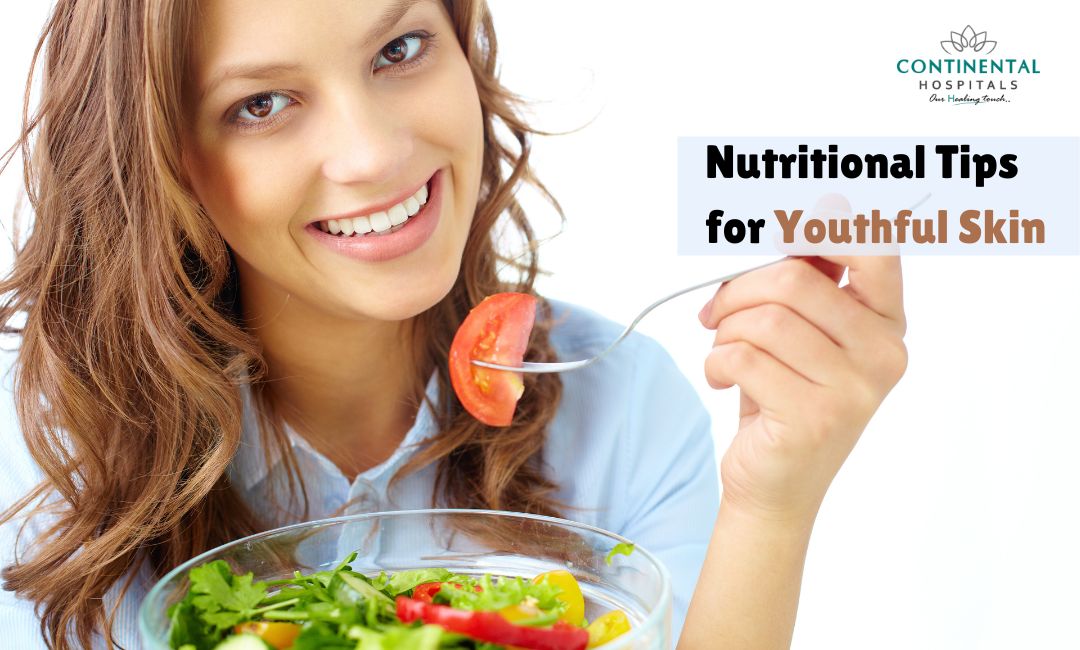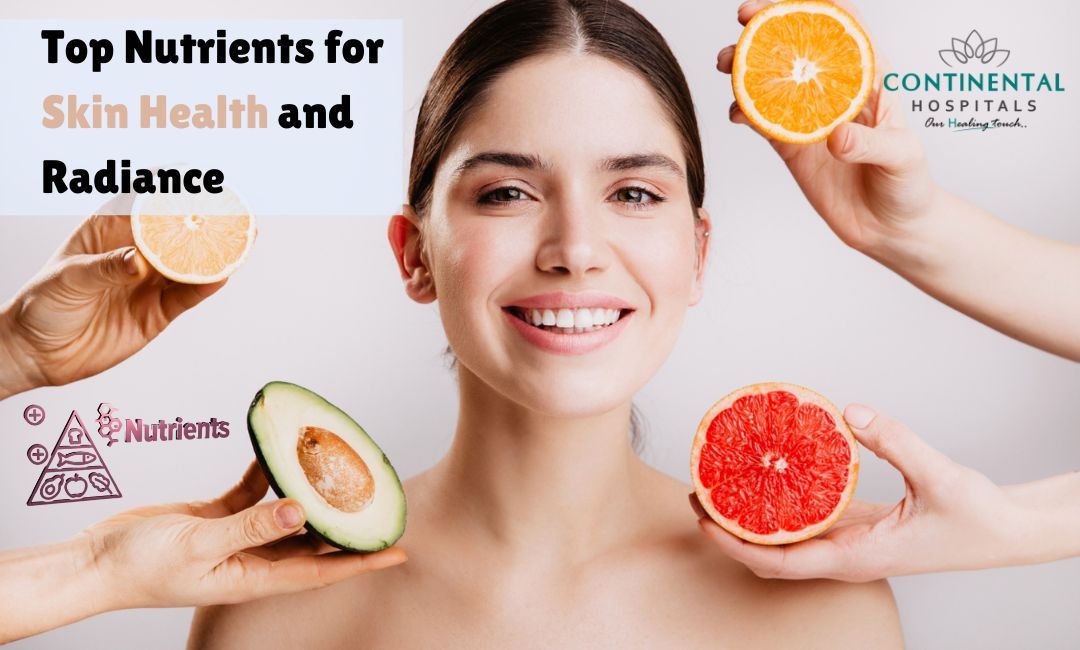The quest for a youthful appearance is a timeless one. While topical creams and cosmetic procedures can play a role, a key factor in maintaining healthy, radiant skin often goes overlooked: nutrition. What you eat has a profound impact on your skin's health and its ability to age gracefully.
This blog delves into the science behind how nutrition impacts skin aging. We'll explore the essential nutrients for vibrant skin, discuss foods to prioritize and limit, and offer tips to create a skin-loving diet.
Understanding Skin Aging
As we age, our skin undergoes several natural changes. Collagen and elastin, the proteins responsible for skin's plumpness and elasticity, start to decline. This leads to wrinkles, fine lines, and a loss of firmness. Additionally, the skin's natural ability to retain moisture diminishes, resulting in dryness and a dull appearance.
Environmental factors like sun exposure and pollution also contribute to skin aging, accelerating the breakdown of collagen and elastin. However, through proper nutrition, we can combat these internal and external factors to promote healthy, youthful-looking skin.
The Powerhouse Nutrients for Glowing Skin
Antioxidants: These superheroes fight free radicals, unstable molecules that damage skin cells and contribute to wrinkles. Fruits and vegetables rich in antioxidants, like berries, leafy greens, tomatoes, and carrots, are excellent choices.
Vitamin C: This vital nutrient plays a crucial role in collagen production. Citrus fruits, bell peppers, and broccoli are all excellent sources of vitamin C.
Vitamin A: Essential for cell turnover and repair, vitamin A promotes healthy skin cell growth. Include sweet potatoes, carrots, and spinach in your diet to boost your vitamin A intake.
Vitamin E: Another powerful antioxidant, vitamin E protects skin cells from damage and may help reduce the appearance of wrinkles. Opt for nuts, seeds, and avocados to increase your vitamin E intake.
Healthy Fats: Don't shy away from healthy fats like those found in fatty fish, olive oil, avocados, and nuts. These fats play a vital role in maintaining skin hydration and elasticity.
Protein: The building block of all cells, protein is essential for skin repair and regeneration. Lean meats, fish, eggs, and legumes are excellent sources of protein.
Foods to Prioritize for Glowing Skin
Fatty Fish: Salmon, tuna, and sardines are packed with omega-3 fatty acids, which have anti-inflammatory properties and can improve skin health.
Avocados: Rich in healthy fats, vitamins, and antioxidants, avocados nourish and hydrate the skin from within.
Berries: These antioxidant powerhouses fight free radical damage and may help reduce the appearance of wrinkles.
Tomatoes: Loaded with lycopene, an antioxidant that protects against sun damage, tomatoes are a great addition to your diet.
Green Tea: This beverage boasts anti-inflammatory and antioxidant properties, promoting healthy skin.
Water: Staying hydrated is crucial for maintaining skin's elasticity and overall health. Aim to drink plenty of water throughout the day.
Foods to Limit for Healthy Skin
Sugar: Excessive sugar intake can damage collagen and accelerate skin aging. Limit sugary drinks, processed foods, and refined carbohydrates.
Refined Grains: White bread, pasta, and pastries can cause inflammation and contribute to skin problems like acne. Opt for whole grains instead.
Unhealthy Fats: Saturated and trans fats found in fried foods and processed meats can clog pores and worsen acne.
Alcohol: Excessive alcohol consumption dehydrates the skin and can lead to premature wrinkles.
Creating a Skin-Loving Diet
Here are some tips to create a diet that nourishes your skin from within:
Eat a Rainbow: Include a variety of colorful fruits and vegetables in your diet. Each color offers a unique range of vitamins, minerals, and antioxidants.
Focus on Whole Foods: Prioritize whole, unprocessed foods over refined options.
Don't Skip Meals: Eating regular meals helps regulate blood sugar levels, which can benefit skin health.
Stay Hydrated: Drink plenty of water throughout the day to keep your skin plump and hydrated.
Read Food Labels: Be mindful of added sugars, unhealthy fats, and sodium in packaged foods.
Consult a Nutritionist: A registered dietitian can help you create a personalized plan for optimal skin health.
Lifestyle Factors
Sun Protection: Combine nutrition with sun protection (sunscreen, hats) to shield skin from UV damage, a major cause of premature aging.
Manage Stress: Chronic stress increases cortisol levels, leading to collagen breakdown and dull, tired-looking skin. Practice stress-relieving techniques like meditation or yoga.
Remember:
While a healthy diet plays a crucial role in promoting youthful skin, it's just one piece of the puzzle. Combine a balanced diet with adequate sleep, sun protection, and a good skincare routine for a holistic approach to healthy, luminous skin.
Conclusion
Nutrition plays a pivotal role in maintaining youthful, healthy skin. By consuming a diet rich in antioxidants, omega-3 fatty acids, and collagen-boosting nutrients, while adopting skin-friendly dietary habits and lifestyle choices, individuals can effectively slow down the aging process and achieve radiant, resilient skin. Embrace the power of nutrition as a cornerstone of your skincare routine for lasting beauty from within.
Related Blogs:
.webp)

